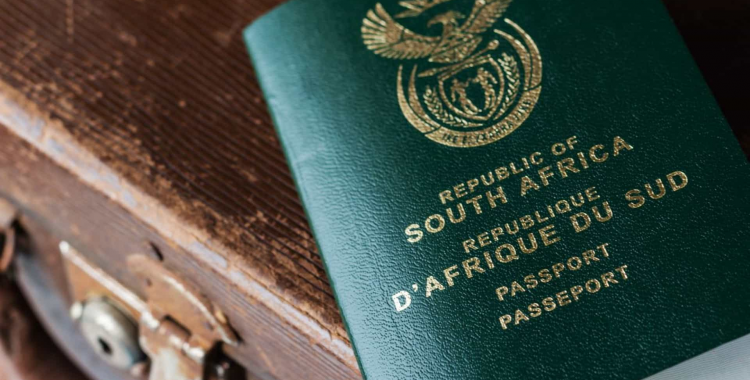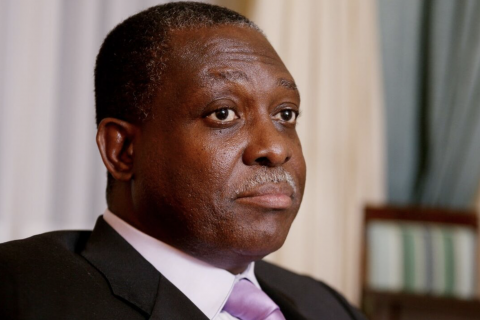"Eliminating the need for visas between Angola and South Africa will mean more competition in the search for more qualified jobs and potentially a decrease in the cost of South African candidates," writes the economic analysis unit of the British magazine The Economist.
"This may also imply an increase in tensions, since unemployment is already at least 25 percent", add analysts in a comment on the visa abolition between the two countries, announced in November.
In the note, sent to customers and to which Lusa had access, the EIU recalls that the visa process for Angola is always "time-consuming and complicated and acts as a barrier to investment, complicating hiring and the movement of people to the companies with operations in Angola".
With South Africa being Angola's largest trading partner in Africa, and one of the ten largest worldwide, the implications are "potentially significant".
The effect on trade "should be positive, helping to increase competition and bringing down prices that have been artificially high due to the monopolies that supply and distribution chains benefit", point out economist analysts, noting that this will also help to greater integration of Angola in the free trade zone of the Southern African Development Community, which is yet to be implemented.
However, they warn, there are also risky aspects for the Angolan authorities: "Ending visa requirements will mean intensifying the scrutiny of journalists and academics, who previously had great difficulty in entering the country", exemplify the analysts.
The 2019 edition of the Visa Opening Index for Africa, released in November by the African Development Bank and the African Union, shows that Angola has climbed 15 positions in the index since 2016, to 34th position, as a result of the introduction of the visa and the decision by the Government of Luanda in 2018 to allow 61 countries to receive visas on arrival, including 13 African countries.
Progress in visa opening in Africa follows “an increasing push for greater integration between countries and signs that policy makers across the continent are promoting reforms”, making it easier for businesspeople to move within the continent , investors, students and tourists, reveals the text, released in the margins of the Africa Investment Forum, in November in South Africa.
The Visa Opening Index, this year in its fourth edition, shows that 47 countries have improved or maintained their visa opening scores, with Seychelles and Benin still the top two countries in terms of visa opening in Africa, with a visa-free policy for all African visitors. Ethiopia climbed a record 32 places in the Index and entered the top 20 of the countries with the most visa openings in Africa.
“Progress is being made, but much remains to be done [in terms of the free movement of people]. To integrate Africa, we must tear down the walls. The free movement of people, and especially labor mobility, are crucial to promote investments”, said the president of the AfDB, Akinwumi Adesina, quoted in a statement from the institution.
African visitors do not need a visa to travel to a quarter of other African countries, an exemption that only covered one fifth of the continent in 2016. Currently, 21 African countries also offer electronic visas, a number that compares with 16 in 2018, 13 in 2017 and nine in 2016.







